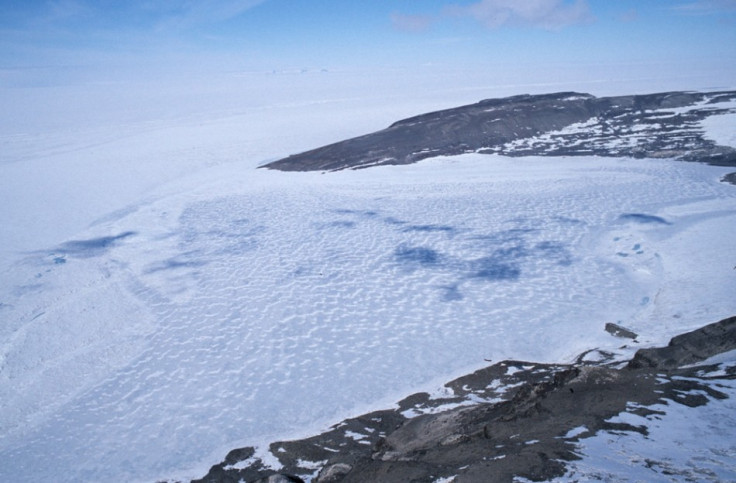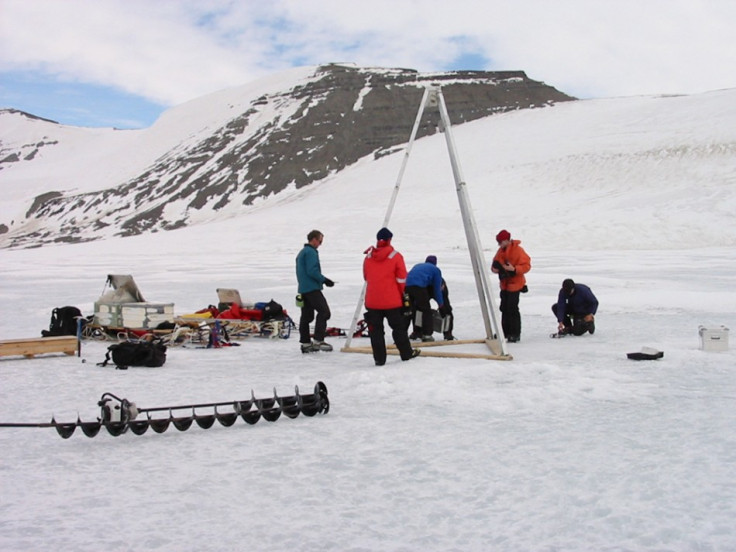Life Found in 100,000-Year-Old Subglacial Lake Hodgson in Antarctic
British Antarctic Survey researchers find what they believe to be some of the most ancient organisms known on Earth

Evidence of life has been found in a subglacial lake in the Antarctic dating back 100,000 years.
Researchers believe that microbes they discovered could shed light on how life started on other planets.
They found one fossil DNA sequence was related to the most ancient organisms known on Earth.
DNA from 23% of the other fossilised life forms found had not previously been described, making them new to science.
The team from British Antarctic Survey (BAS), the University of Edinburgh and the University of Northumbria found a subglacial lake that was buried under ice sheet more than 100,000 years ago.
Lake Hodgson in the Antarctic was covered by 400 metres of ice at the end of the last ice age.
However, it is now considered an emerging subglacial lake - parts of the ice sheet are melting and retreating at unprecedented rates because of rising temperatures at the South Pole.

The lake is now covered by just four metres of ice and the team was able to drill through to sediments at the bottom of the 93m-deep lake. Layers of sediment at the bottom offer a time capsule of DNA, with microbes surviving there for thousands of years.
David Pearce, lead author of the study, said: "What was surprising was the high biomass and diversity we found. This is the first time microbes have been identified living in the sediments of a subglacial Antarctic lake and indicates that life can exist and potentially thrive in environments we would consider too extreme.
"The fact these organisms have survived in such a unique environment could mean they have developed in unique ways which could lead to exciting discoveries for us. This is the early stage and we now need to do more work to further investigate these life forms."
The researchers found there was a diverse range of bacteria living in the subglacial lake, including extremophiles, which are species specially adapted to live in the most extreme environments on the planet.
They said the discovery of new species makes further exploration of the remote lakes of Antarctica vital: "The generation of 20 cultures indicated the viability of at least a fraction of the microbes found in the Lake Hodgson sediment," the researchers said.
"Clearly these are diverse ecosystems with enormous potential."
© Copyright IBTimes 2025. All rights reserved.






















